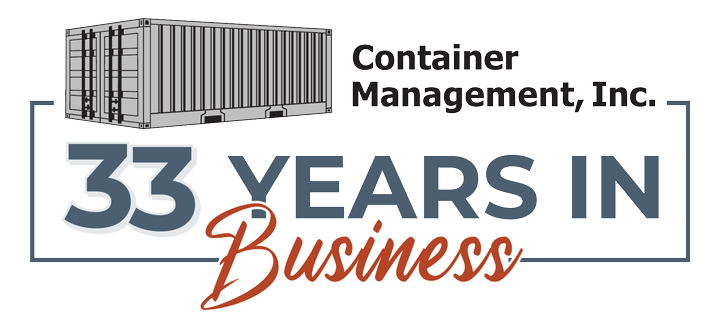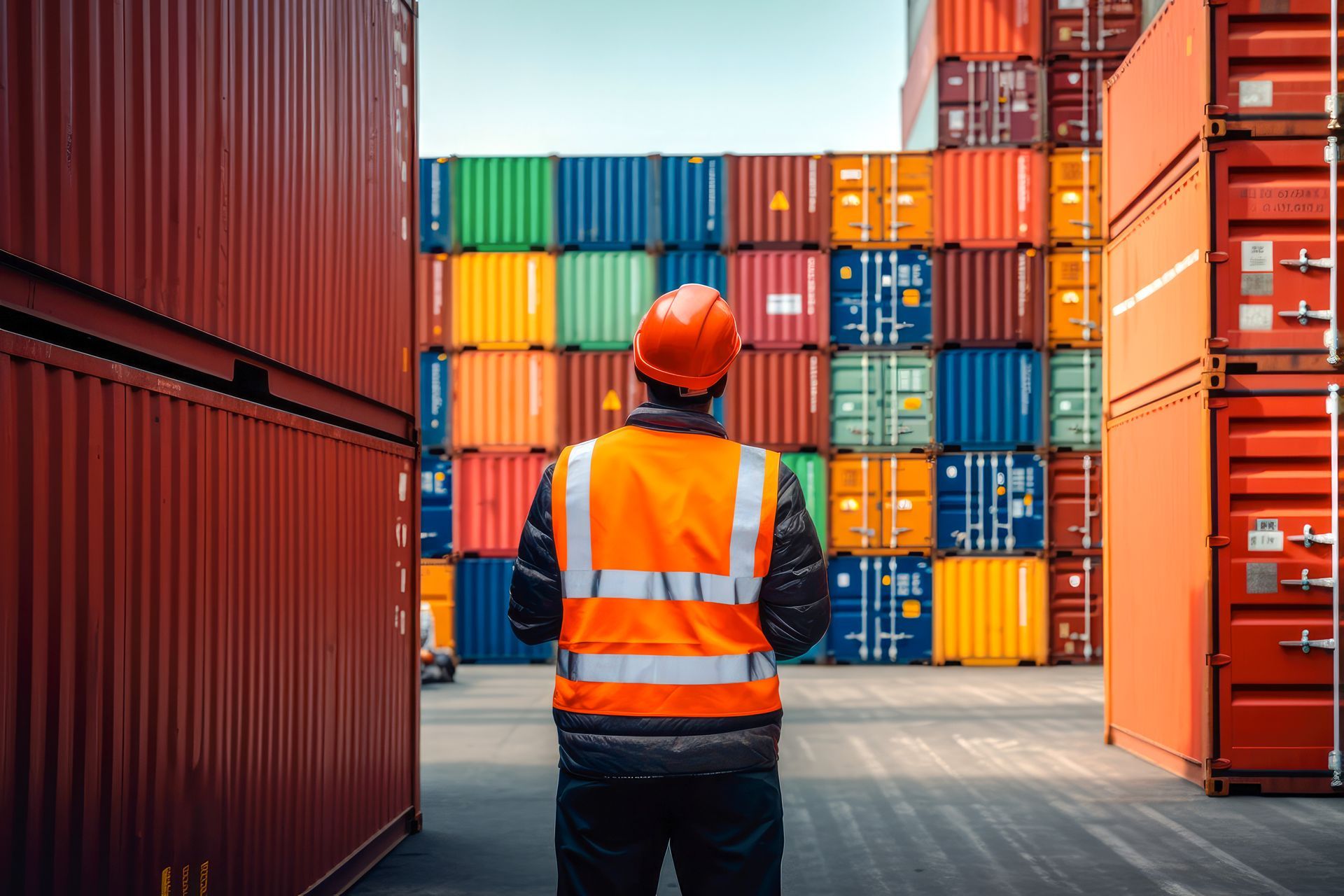What Creates Shipping Container Shortages?
Written by Susan Nalevac | February 22, 2022
The supply of shipping containers, like any product, goes through its ups and downs. Sometimes, there’s a surplus. At other times, there’s a shortage. But what creates shipping container shortages?
It’s a complicated and nuanced problem, but here are some reasons why there could be a shortage of containers in specific markets.
Supply and Demand Fluctuations
The fluctuations of supply and demand in the global economy can affect shipping containers in many ways. A global pandemic, for example, can upend international trade, which can, in turn, affect the supply of shipping containers worldwide.
The Bottleneck Problem
The shortages of containers can come from a trade imbalance between continents and major markets. For instance, if North American ports had workflow disruptions and increased shipping traffic, that would cause a bottleneck at ports. Other markets would send shipping containers to North America but not get them back fast enough.
This bottleneck would lead to a shortage of containers for some markets and an overflow of containers in others, as ports would struggle to work through the influx of ships and containers. Ideally, there would be an easy flow and balance of containers in and out of ports. But, as we all know, things are rarely ideal.
Low Container Production
Another potential cause for a shortage of shipping containers is a dip in the production of containers. A dip can arise for several reasons. COVID-19 is one of the most recent significant ones.
However, it is interesting to note that container production dropped below its average even before the pandemic and lockdowns of 2020. Production of containers dropped dramatically in 2020, as international trade slowed considerably.
Conclusion
Shipping containers are essential for global trade, and their supply can shift the delicate balance of global trade. Now you know what creates shipping container shortages and why it may be harder to find shipping containers in some markets than others.
However, if you want to buy steel shipping and storage containers, then you can always turn to Container Management, Inc. to meet your needs. Contact us today.





